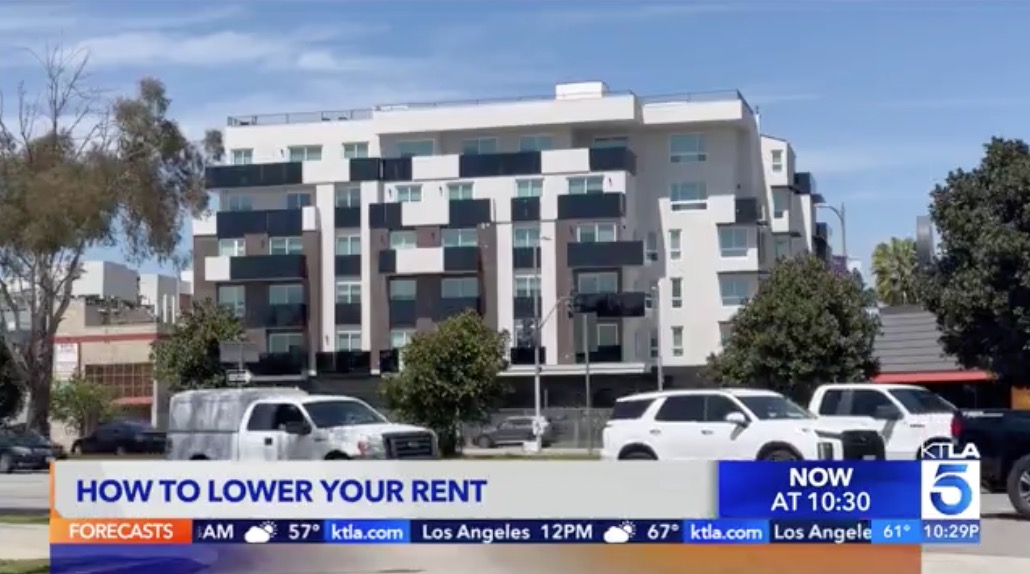So you’ve decided to move…cross state
So, the time has come to move to a new place and see new things, and you’ve decided to move cross-state. It’s a big decision to move to a new state, whether you are looking to buy a new property or looking to rent an apartment.
Moving is hard enough, it’s stressful, and it takes a lot of time, but when you are moving cross-state? That’s a whole new level of stress.
You might have to consider viewing apartments and securing a home from a distance, but you also have to consider whether you will need to change your job. If you have a family, then school districts have to be considered, and if you have pets, you should consider how you plan to transport them.
Most people forget that the distance from LA to NYC is a lot farther than choosing the nearest state next door. All of this makes a cross-state move far harder than just moving to a new neighborhood.
With that in mind, you should consider that you need a comprehensive checklist for your moving plans. You want to get this right, and that takes careful planning. So, let’s take a look at everything that you need to know when moving cross-state.
2 Months Before You Move
According to these statistics, over 16% of Americans moved to a new state for better apartments and more secure homes. So, it stands to reason that the first thing that you should look into when moving cross-state is a new place to live. You need to know that you can afford to move into the area you are most interested in, and you need to compare apartments and their prices, too. Also, most likely you’ll need to sign a residential lease before you move into your new place and it’s a good idea to look it over beforehand to make sure you’re aware of all the caveats.
Next, you should research movers who can help you. If you need certain services, like packing and shipping, you can compare costs with websites like this one and find the mover that offers what you are looking for.
Once you have secured a mover and have an idea of housing you can apply for, you should think about decluttering the home. Sorting through what you plan to keep and what you plan to sell can directly affect how much money you spend on movers.
Budget is essential in an interstate move, so consider your options carefully. Working on your budget, whether you are renters or you are buying a property, is vital so that you can make settling in a smooth process.
1 Month Before You Move
Now that you have an idea of where you will live and what you can afford, you should think about handing your landlord notice for your leaving date. Your landlord may want to advertise your property and host viewings before you go, and if you’re going to get your security deposit back, you need to give adequate notice of four weeks.
You’ll know early on whether you need to use a moving company. 24% of movers relocate 500 miles or more, and if you plan to go a long distance, you will most likely need to hire movers who are skilled and insured to get your belongings safely to the new apartment. A moving company doesn’t just take your things and load them up into a van.
They can also pack and wrap your items for you and unpack them at the other end of the move. Some moving companies also offer an unpacking and rebuilding service to have functional furniture quickly when you get to the new house.
Organizing your things and beginning to pack are the next steps, and you don’t need that long to get it done. However, you should be aware that there is a lot of waste in the moving industry, with 90 million pounds of packing paper going to waste every year with interstate moves. You can choose to use a moving company that will use recyclable packing materials, or you can choose to pack your own belongings into reusable boxes and bags.
3 Weeks Before You Move
When you start to sort through your things, you will likely have a pile of belongings to give away or trash. Instead, have you thought about hosting a yard sale? You can earn some money back on your belongings and make sure that you leave nothing to be put through the trash instead of recycled.
If you have pets, you need to look into the costs of a long-distance mover if you are going interstate more than the next state over. 58% of the pets travelling are dogs, and you need to ensure that your dog is as calm as possible on their journey.
You can choose to drive your pet yourself, but it’s often easier to have an experienced mover help. Ensure that your pets are ready for the move by printing out their medical records from the vet. You should also remember that you have to pay for travel insurance for your pet – just in case!
Once you’ve visited your pet’s vet, think about your own medical records. Moving interstate means moving to a new GP’s office, and you may need to bring your records with you.
2 Weeks Before You Move
As you get nearer to your moving date, it’s time to think about changing your address with your bank, your postal service, USPS, and anyone else who has your details. You must let the right people know that you are moving, as you want to ensure that any vital documents get to your new address.
Speak to your water, electricity, and gas companies before you move, too. You need to close down your services or move them to your new address so that you’re not charged for utilities that you haven’t used.
1 Week Before You Move
The week before you move is a busy one. You need to finish packing your house – or have the movers finish packing the house or your apartment – and you need to confirm with your moving company the services you have paid for. You’re a week away from living in a new area, and you need to make sure that your movers have the right insurance in place in case of trouble with the move. If anything goes awry, signing a contract with the moving company is definitely worth considering.
If you plan to drive and follow the moving van to your new home, then you need to get your car serviced. A long drive like that means that you need to have the right tire tread to sustain a long journey safely, and it can help ensure that your engine is running as it should.
Taking your car to the garage and confirming its roadworthiness is essential. The last thing that you want to happen is your car being in an accident while you are driving – and you can avoid that with a check-up for your vehicle.
Some people fly to their new location – especially 3,000 miles away – and in this case, you’ll need to think about whether you sell your car and buy a new one in the new state or ship your vehicle with a moving company specific for vehicles.
2 Days Before You Move
Ideally, you will have hired a professional cleaning company to visit your home before you move. Two days before you leave, it’s good to have a cleaner do an end-of-tenancy clean in your house. Not only will you ensure that you get your tenancy deposit back, but you’ll leave the house as you found it – which is so important for renters.
Preparing your home ready for it to be rented again is an essential piece of the puzzle. It allows you to get a great reference from your landlord for your new place, and you can feel secure knowing you have left your property in a fit state.
You should also intend to check in with your movers and confirm the time they are going to arrive at your home to collect your belongings. Your pet moving company may also need a phone call now to check the pick-up time for your pet to move, too.
It’s Moving Day!
The day of your move has arrived, and before you leave the house, you should do some last-minute checks. It will help to call ahead to your new place and make sure all is ready for you to move into the apartment. Check that you have a bag with all of the necessities available such as phone chargers and cash for tips. It would be smart to look for an excellent takeout company near your new place – no one wants to cook the day that they move in!
Your moving company should have told you the time that they plan to show up, and if that’s the case, be ready for that time. If you are moving a considerable distance, they are likely to want to move you efficiently so that they don’t fall behind with other customers. You’re ready to go!
Conclusion:
Moving cross-state may be more complicated than moving within your state, but with a little effort and planning, you can make this work!
Looking for more moving advice? Check out our other moving blog posts here.
If you’re ready to start looking for a new apartment, we’re here to help.








